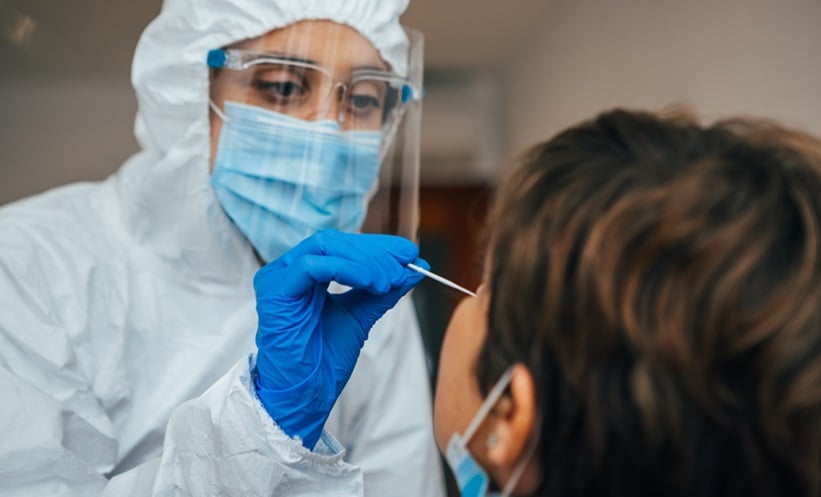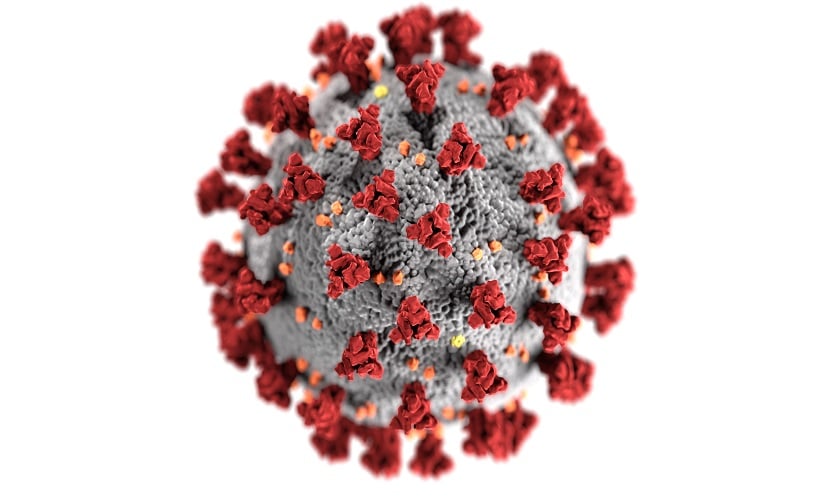MOST HOSPITALS have recently modified their COVID-19 testing and masking protocols, with significant implications for respiratory viral infections. In May 2023, ten hospitals within the Mass General Brigham system ended universal testing and masking for all patients upon admission. However, in January 2024, they reinstated masking for healthcare workers due to a winter respiratory viral surge. A recent cohort study explored how these changes influenced the rates of hospital-onset SARS-CoV-2, influenza, and respiratory syncytial virus (RSV) infections.
The study followed a Poisson interrupted time-series design and researchers analysed all admissions between 6th November 2020, and 21st March 2024, across 10 hospitals (including tertiary, community, and specialised eye and ear hospitals). They distinguished hospital-onset infections – those identified by the first positive PCR test after four days of admission – from community-onset cases occurring within the first four days of admission.
The study examined four periods: pre-Omicron with universal testing and masking, Omicron with both interventions, Omicron without universal testing and masking, and Omicron following the reintroduction of healthcare worker masking alone. Testing data revealed that universal testing rates dropped significantly after the changes, with only 26.5% of admissions undergoing SARS-CoV-2 tests compared to 92.9% when universal testing was in place.
Results showed that ending universal testing and masking correlated with a notable increase in hospital-onset respiratory viral infections compared to community-onset cases. Conversely, the reintroduction of healthcare worker masking led to a significant reduction in these infections. Despite certain limitations, such as variations in compliance, testing effects, and potential misclassification, data suggested that testing and masking were both effective strategies for curbing nosocomial respiratory infections.
These findings highlight the ongoing importance of infection control measures, particularly during periods of heightened respiratory virus circulation. Nosocomial infections are associated with longer hospital stays and increased mortality rates. Therefore, the reimplementation of masking and testing measures can significantly improve patient outcomes during viral surges.
Katie Wright, EMJ
Reference
Wang Y et al. Effects of Baduanjin exercise on cancer-related fatigue in patients with prostate cancer treated with androgen deprivation therapy in Shanghai, China: a study protocol for a randomised controlled trial. BMJ Open. 2024;14(11):e092363.






